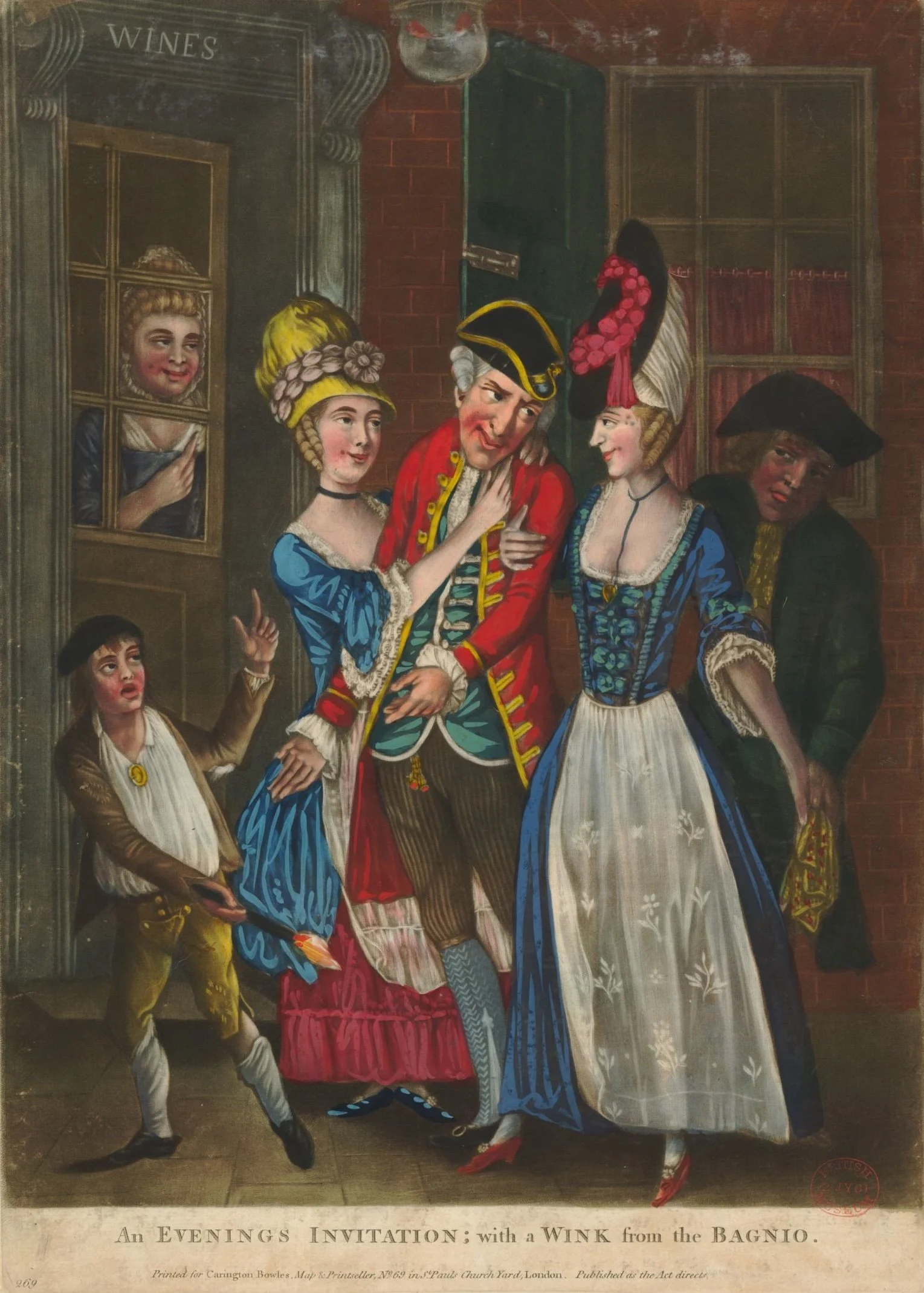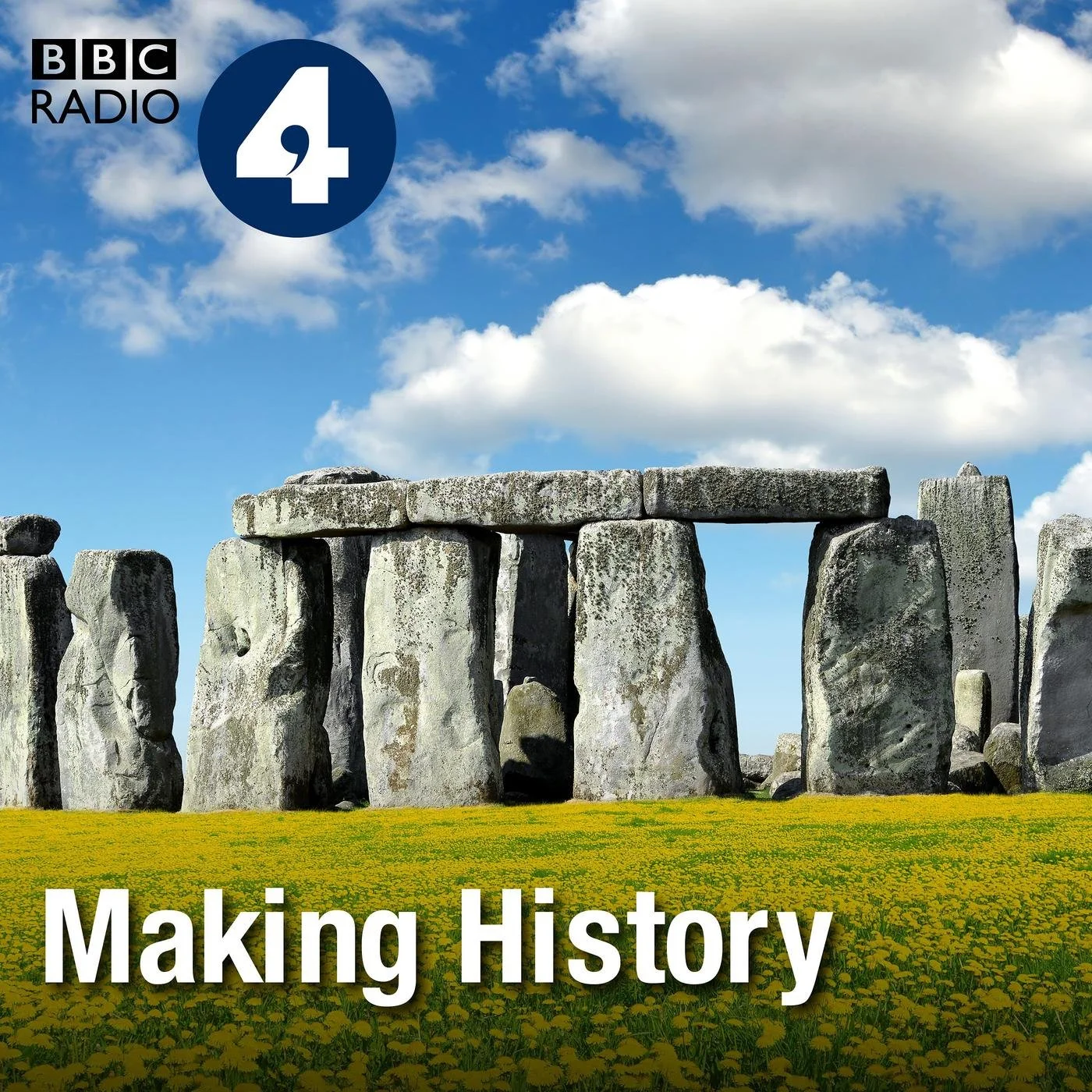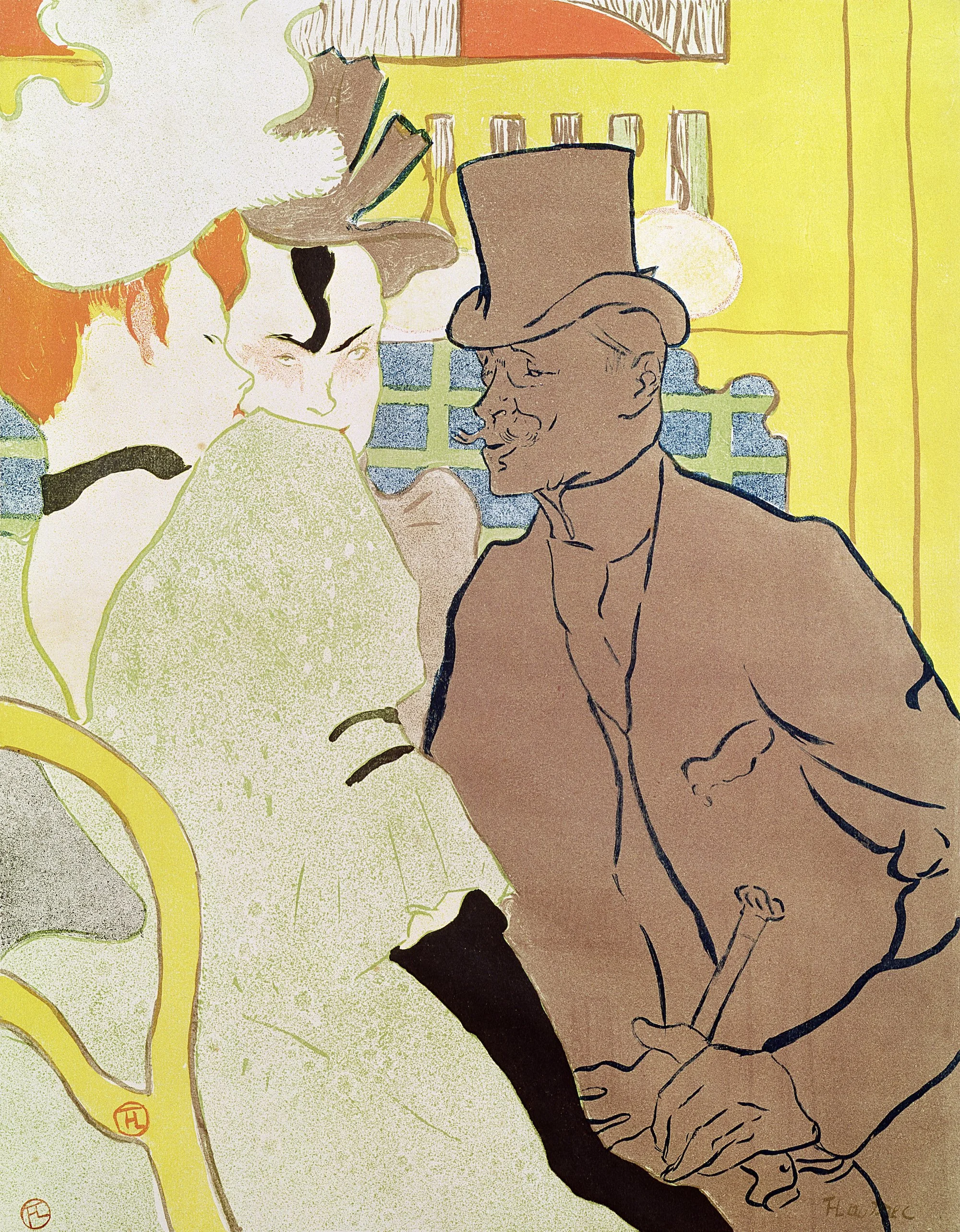TALES OF TWO CITIES:
PARIS, LONDON AND THE BIRTH
OF THE MODERN CITY
Atlantic (UK edition), Counterpoint (US) 2014.
Paris and London have long held a mutual fascination, and never more so than in the eighteenth and nineteenth centuries, when they both vied to be the world’s greatest city. Each city has been the focus of many books, yet here I uncovered the intriguing relationship between them for the first time. It is a history of surprises: Sherlock Holmes was actually French, the can-can was English and the first restaurant served English food in Paris.
Translated into Chinese, Japanese, Russian and Brazilian.
REVIEWS
-
“Jonathan Conlin's wonderful new book is a fascinating walk through two of the greatest cities in the world. With admirable skill and a painter's eye, Conlin presents the reader with a richly woven tapestry of stories and events that is mesmerising to behold. The reader will never think of London or Paris in the same way again.”
Amanda Foreman
-
“Combining lively research with an airy style, Conlin seeks to unpick the entangled history of music hall entertainers (London’s skirt dancers versus Paris’s cancan girls), restaurants (the effect on a city of sturdy beef eaters of such dazzlingly inventive French chefs as Soyer and Carême) and cemeteries. Full of unexpected facts — it’s delightful to learn that England’s sedate William Gladstone thought champagne should replace gin as the London poor’s favorite tipple — Conlin’s case studies of possible cultural exchange are both concise and entertaining.”
Miranda Seymour, in The New York Times
-
“Conlin is a fine and original researcher, mining nuggets of gold from the most unlikely sources, but he is also wryly amused by the follies of our ancestors, and by our own. Each chapter of this deceptively accessible book can be read as a self-contained essay, a bright light shone onto a specific area of cultural engagement. Or, read straight through, Tales of Two Cities allows readers to reconsider what “everybody knows”. For, with astonishing ease, Jonathan Conlin performs that most useful, and difficult, of tasks: he makes us see the familiar as though it were new.”
Judith Flanders, in The Sunday Telegraph
INTERVIEWS
-
If London happened to be a bit further south, it would be the sixth largest French city, such is the size of the British capital's French community. So does this mean London is really Paris? Or would it be more accurate to put it the other way around, in recognition of how London created the restaurant, the can-can and other things we are used to considering as quintessentially Parisian? These are some of the questions I discussed with fellow historian Helen Castor in a conversation recorded in a very loud Parisian cafe in London.
Listen to the interview on the BBC website (starts at 11:12)
-
Having written a magisterial survey of Franco-British relations entitled That Sweet Enemy (2006), Isabelle Tombs and her husband Robert went on to present a five-part series on the relationship between their respective capital cities. I was delighted to be interviewed by Robert for their episode on restaurants and entertainment resorts. We met in the finest surviving London music hall, Wilton's, where I explained how London helped to create that most Parisian of dances: the can-can.
Listen to the interview on the BBC website (starts at 8:15)



